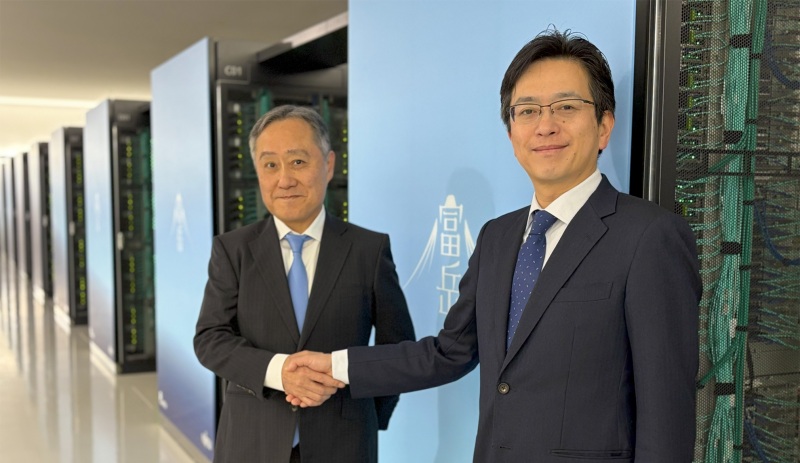Siemens Digital Industries Software announced on January 16 that THE KINGDOMJapan’s national research and development agency, is expanding its research into next-generation artificial intelligence devices with Siemens’ Veloce Strato CS and Catapult High-Level Synthesis (HLS) comprehensive emulation platforms to explore the architecture and design space of AI accelerators.
The adoption of Siemens’ emulation and HLS capabilities enables the RIKEN team to carry out the necessary research in the next generation of artificial intelligence device research for ‘AI for Science’ and maintain its position as the creators of the world’s most powerful supercomputer. The goal is to create, manage and continuously improve the computing infrastructure necessary to create generative artificial intelligence models tailored to scientific discoveries – and tools from Siemens play a vital role in this research.

Dr. Kentaro Sano, CPU Research Team Leader at the RIKEN Computational Science Center (right) and Yukio Tsuchida, Vice President for Japan, Electronic Design Automation Division, Siemens Digital Industries Software (left)
RIKEN Computational Science Centerwhich is part of Japan’s largest computational science research organization and a world leader in a variety of scientific disciplines, is known for developing supercomputers such as the K computer and Fugaku.
The latest Veloce Strato CS and Catapult HLS platforms provide RIKEN with comprehensive tools to achieve its research goals and support AI innovation. The combination of the Veloce Strato CS and Catapult HLS hardware platforms provides world-class technology for rapid synthesis and emulation of large-scale application integrated circuits (ASICs). These tools from Siemens support RIKEN’s efforts to evaluate the performance of optimized artificial intelligence computing circuits and the systems-on-chip (SoC) that contain these circuits. The AI accelerator developed as part of this research will be a candidate for deployment in the next generation of supercomputers after the Fugaku supercomputer, which is planned to launch around 2030 at the latest.
Learn more about solutions Veloce Strato CS a Catapult HLS from Siemens can be found at www.sw.siemens.com.
Source: www.cad.cz


